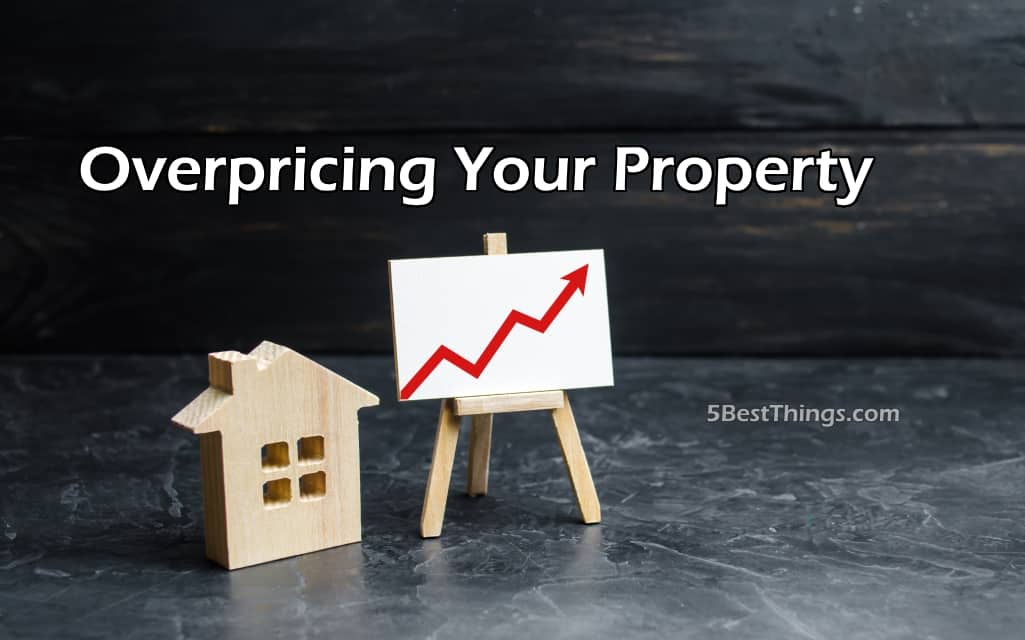If you are a first-time seller, with no prior experience of indulging in real estate transactions, you better undertake such commitments with utmost caution. After all, this is no child’s play. For beginner’s, you may also need to get acquainted of all the real estate facts, figures, and trends.
Still, if you are unable to fetch a good price for your property then you need to create the urgency for identifying loopholes in your marketing strategy; or, more importantly make revisions to your price tag because the incumbent may not seem to justify itself. Many property affiliates, who pursue listings after sellers have made home selling mistake, particularly about pricing, will attest this statement.
Selling a home is not a rocket science, yet it requires some understanding of the property market dynamics. And pricing is widely considered one of the most important aspects about real estate investments. A successful pricing strategy will create a buzz in the market, and quickly grab a buyer’s attention.
How does a seller know if their property is overpriced? There are, in fact, many telltale signs of overpriced homes, as well as various ways to know if the asking price meets market requirements. Here are five ways to identify an overpriced home:
‘No-show’ on listings
For first-time sellers, it easy to get caught up in the excitement over listing first property and choosing its sales price; an ambitious price tag usually signifies the homeowner’s economic intent, which, in this case, is to make more money.
Market gurus, however, warn house sellers against starting off with a higher price because, in worst-case scenarios, it turns out, no one shows up for the bargain. Asking too much at the outset put buyers off, in addition to making properties stand out as being of poor value.
Such instances indicate buyer’s ‘too little interest’ in the seller’s property.
If you’re getting zero response from potential buyers on your listing, it highly probable that the property is overpriced. You should consider making changes to the price for a more swift response from the real estate community.
Comparable properties; but one’s much more expensive than the other
Property listings for any specific area showcase consistent prices; two comparable properties will have a minor difference in their price tag.
It is quite difficult to perceive a huge gap in the prices of neighboring houses. Of course, age, design, and construction quality are important factors that determine an accommodation’s price.
Your price tag should be in line with neighboring home levels. If that’s not the case, there’s a likelihood that your agent has made some serious market value miscalculations.
It can be extremely frustrating for a seller (who is struggling to sell his/her property) to watch his neighbor’s property fetch millions – something that’s definitely not a win-win situation for the former.
Online advertising is a must
It you have not contracted the services of e-classified portals (including Prop.pk) for advertising your property, then you’re missing out on a huge network of potential customers. These property portals are all the rage in today’s property marketplace.
Some of the customers make use of Online Street Map service to locate new residential and commercial projects.
No response on ads
You have done almost everything: sifted through various property portals; identified the right one; applied for online advertisement; paid for it, but still didn’t get the right response. To make matters worse, your listing keeps getting expired.
Just to be sure, you should check the price tag once more.
Low-ball offer: the sound of warning bells for sellers
It is a colloquial term for an offer made to the seller that is significantly below the asking price; which is a major concern for people looking to fetch up more money for their property.
Buyers pitching low-ball offers often suggest a heavy discount to the seller’s asking price, as there is not set rule when it comes to bargaining.
Over pricing your home can backfire. It’s the sound of warning bells ringing. If the price tag you put up meets the property market’s requirement, there’s a chance your property would be taken up for grabs in little to now time. The best practice is to weigh up the pros and cons of holding onto your property and try to ignore any short-term gains.



